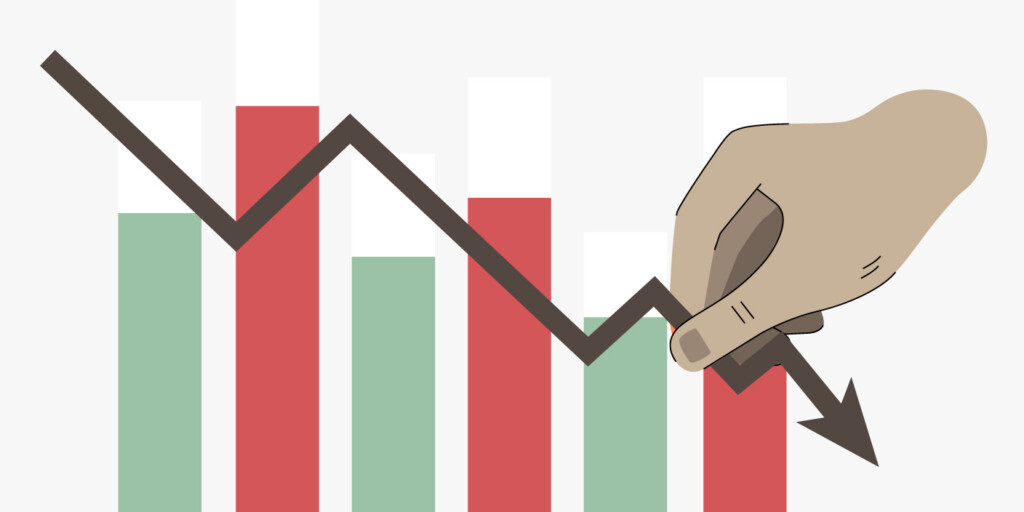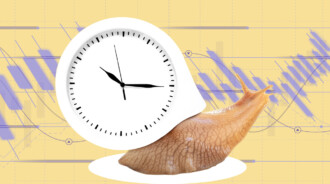

Yes! Fables exist, even in trading the global market, and traders must be mindful of how they embrace them. When building a successful career as a trader, you need more than assumptions to do so. The fundamental rule remains that you spend time crafting a trading plan and be clear of all doubt before launching into the global market.
In this article, we will bring to you some of the popular assumptions widely known to traders. It is essential to note some of these assumptions to avoid falling for them. As lovely as they might sound, they will not help you in your quest to be a successful trader.
1. The popular trade strategy is accurate

Like all other assumptions, this belief has placed amateur traders in a position where they are tempted to follow the crowd, not their trading strategy. A typical example of the “popular mass instinct” assumption is when a trading community releases signals on an underlying asset that contradicts your trading plan. This situation could pressure a trader into making uninformed decisions due to the fear of missing out.
To avoid taking a pitfall in this assumption, traders should research and have a solid trading strategy before following popular opinion. The popular mass instinct should only be a confirmation of what you have crafted, and not a foundation to build on at any point in time.
2. Overtrading brings good luck
Overtrading has never guaranteed good luck; instead, it increases the trader’s potential for market risk. Many beginners in the global market have widely accepted the assumption that they can only make better profit from their trades when they open so many positions simultaneously. The broad acceptance of this assumption can be seen in the number of transactions that exclude the addition of a stop loss, instead depending on the market behavior.
Unfortunately, this assumption does not promise a sustainable trading history and can only expose the trader’s capital in the long run. Indeed, placing too many trades and opening many positions can easily translate to blowing up one’s account rather than getting a profit.
3. Inflation, and prices fall at winter

There is no justifiable logic to think inflation and interest rates will reduce in winter. However, many traders believe this and invest based on these erroneous assumptions.
Many rules like the 3,5,7 and 50% theory exist because price movements are expected to change over time and must be monitored for traders to make better decisions. To augment the market’s instability, Theta, Beta, and Gamma hedgings are employed for successful trading and are used to inspect market direction.
Therefore, the assumption that inflation and interest rates will fall is highly speculative and not obtainable in real-world trading.

4. Stop loss placement does not work for young traders
The truth about trading in the global market is that all traders can lose. Therefore it’s Important to manage risk and place stop loss.
At every level traders must be cautious and go with a strong risk management strategy, which includes stop loss placement and exit strategies.
5. The bigger your capital, the bigger your profit

Your trading lot size can make or mar your investment capital. Although there is room for profitable trade with a bigger lot size, there is also room for heavy liquidation. The assumption that the grass is always green when you trade with a bigger lot size is not totally true and does not always work.
The primary goal of trading is to have a solid strategy that supports your risk level. With this settled, you can increase or decrease your lot size depending on the asset involved.
Conclusion—What to do
Many trading assumptions are flying around that have been so overhyped, creating a false reality as though they work. However, knowing that popularity does not validate a trading strategy will be helpful. Beginners in trading should research extensively and confirm if a trading strategy is effective before using it. Also, a trading strategy should suit a portfolio manager and his trading plan for successful trading.
Sources:
Investopedia, trade433 insights —Common Investors and traders blunder
Financial post—Trade psychology and balance —Assumptions that every investor must rethink over









